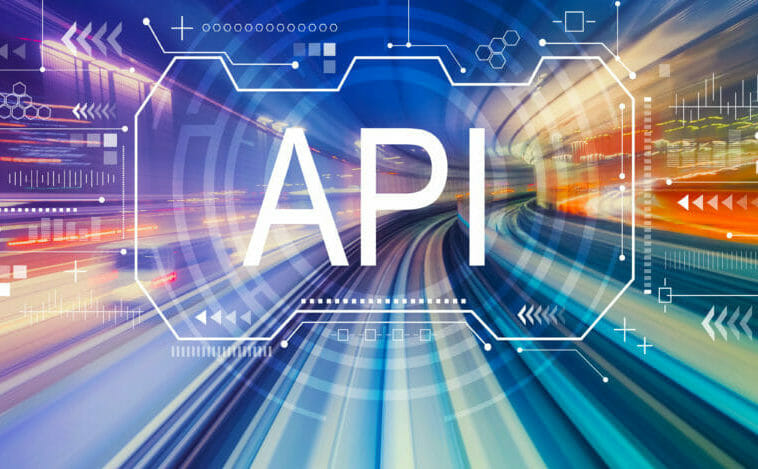The concept of the API economy is gaining great developments in a digitized world. An API, which is short for Application Programming Interface, refers to the connection or bridge that serves between different pieces of software so that it can talk to and interlink with each other. This might be an important function in the innovation of business services and efficiencies in integration. It’s the increased use of APIs by organizations to interlink multiple systems that gives rise to the emerging API economy as a driving force in the tech world.
What is the API Economy?
The API economy is the commercial environment created through new business models, optimized operations, and enhanced customer experiences made by APIs. The economy facilitates data and functionality sharing across platforms and helps companies to build an ecosystem of interconnected services. Businesses save time and cost that any development cycle requires while capitalizing on already available technology and do not have to start from scratch.
Benefits in API Economy
1. Agility: Allows businesses to respond really fast to changing market demand. Businesses can integrate new functionality without having to overhaul systems completely, thereby allowing for faster innovation.
2. Improved Collaboration: Companies that open up their services with APIs can easily collaborate with partners and other third-party developers. This collaboration fosters a culture of innovation and can lead to the development of new services and products.
3. Revenue Generation: In APIs, business revenues will be realized. Companies can sell them as a product or service. This means that there are new sources of revenue for organizations while exploiting their existing assets.
4. Better Customer Experience: APIs also make service integration easier through which firms have the opportunity to provide customers with a more integrated and enhanced user experience. For example, travel booking sites have often used APIs to gather flight and hotel information in one place.
5. Data Exploitation: APIs enable the company to penetrate data from diverse sources. Such data can be analyzed and used as a basis to drive insights into improving decision-making processes, thus delivering better business results.
Challenges of API Economy
The API economy brings numerous benefits but also some disadvantages. Its primary issue is security – there is a possibility that it may expose vulnerabilities if not secured properly. Authentic and authorized APIs need to be implemented in organizations to safeguard sensitive information.
Maintaining APIs can be very complex issues once the number of APIs in use is high. This complexity calls for effective governance strategies that ensure APIs are in place and functioning as required.
Future of the API Economy
The API economy is going to grow further as we advance deeper in the digital era. Another reason why APIs will be so critical is because applications are going to be constructed as a group of loosely coupled services with the help of microservices architecture. These help in scaling and flexibility and make businesses innovation better than before.
In addition, emerging technologies like AI and IoT rely significantly on APIs for inter-operability. Higher adoption of these technologies will lead to the explosive demand of APIs and will, thus, open up more opportunities in the API economy.
Conclusion
The API economy transforms how business-oriented operations get conducted and how business-oriented parties interact with each other. By enabling communication between systems, APIs encourage innovation, enhance collaboration, and improve the customer experience. Therefore, the growth and transformation potential are phenomenal. And as this space remains meaningful for organizations embracing APIs, the same now enables them to remain competitive but above all contribute toward the future of the digital business. API economics is not a trend; it is the very shift in the fundamental way technology enables commerce and collaboration in the modern world.
